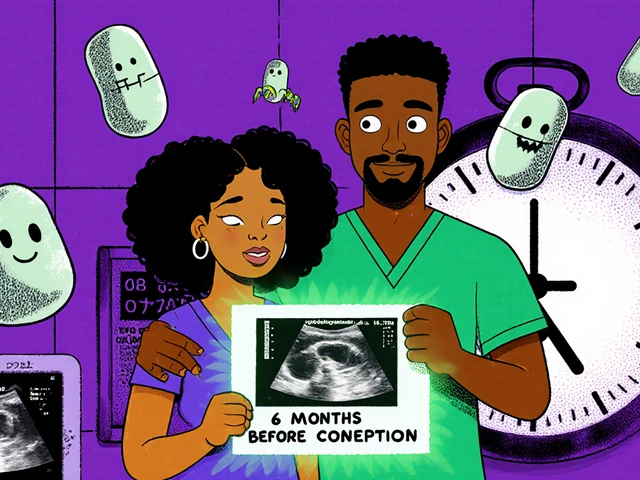Understanding Fertility Options for LGBTQ+ Individuals and Couples
When it comes to fertility and family planning, the LGBTQ+ community faces unique challenges and considerations. However, it's important to recognize that there are several options available for those looking to expand their families. In this section, we'll explore the various fertility treatments and options, such as in vitro fertilization (IVF), intrauterine insemination (IUI), and surrogacy, that can help LGBTQ+ individuals and couples achieve their dreams of parenthood.
Donor sperm and donor eggs can be utilized in fertility treatments for same-sex couples, single individuals, or couples with fertility challenges. Adoption is another option for LGBTQ+ individuals and couples to consider when planning their families, and there are numerous agencies and organizations that can provide support and guidance throughout the adoption process.
Choosing the Right Fertility Clinic
Finding a fertility clinic that is LGBTQ+-friendly and knowledgeable about the specific needs of the community is essential for a successful and positive experience. It's important to do thorough research and ask for recommendations from friends, family, or LGBTQ+ community groups to find a clinic that will be supportive and understanding of your unique journey.
When evaluating potential clinics, consider factors such as the clinic's success rates, the experience of the staff, and the availability of resources and support services specifically tailored to the LGBTQ+ community. It's also essential to schedule consultations with potential clinics to get a sense of their level of expertise and commitment to providing inclusive care.
Legal Considerations and Parental Rights
Navigating the legal landscape related to fertility and parental rights can be complex for LGBTQ+ individuals and couples. It's crucial to be aware of your rights and the legal protections available to you in your specific location. Some areas may have more progressive laws that protect the rights of LGBTQ+ parents, while others may have more restrictive or discriminatory policies in place.
Depending on the fertility option chosen, it may be necessary to establish legal parentage through adoption, a court order, or other legal means to ensure that both parents have equal rights and responsibilities. Engaging the services of an experienced attorney who specializes in LGBTQ+ family law can help you navigate these complex issues and protect your rights as a parent.
Emotional and Mental Health Support
The journey to parenthood can be an emotional rollercoaster, and this can be especially true for LGBTQ+ individuals and couples. Fertility treatments can be stressful and challenging, and dealing with societal prejudices and discrimination can add an additional layer of emotional strain.
It's essential to prioritize self-care and seek out mental health support during this time. This might include individual or couples therapy, joining LGBTQ+-specific support groups, or connecting with others in the community who have gone through similar experiences. Remember that it's okay to ask for help and lean on your support network during this time.
Financial Planning and Insurance Coverage
Fertility treatments and family planning can be expensive, and it's important to have a clear understanding of the costs involved and what insurance coverage, if any, is available to help offset these expenses. Research your insurance policy to determine what fertility treatments or services are covered and if there are any restrictions or limitations that may apply.
If your insurance does not cover fertility treatments or if you are uninsured, consider exploring alternative financing options such as loans, grants, or crowdfunding to help cover the costs. Many fertility clinics also offer payment plans or discounted rates for patients who are paying out-of-pocket.
Building Your Support Network
Having a strong support network can make a significant difference in your fertility journey. This network can include friends, family, support groups, and healthcare providers. Connecting with others in the LGBTQ+ community who have gone through similar experiences can be invaluable, providing advice, understanding, and encouragement.
There are numerous online forums, social media groups, and local meetups where LGBTQ+ individuals and couples can share their experiences, ask questions, and find support. Don't be afraid to reach out and build connections with others who can provide guidance and empathy during your journey.
Advocating for Change and Raising Awareness
While there have been significant strides in recent years, there is still much work to be done to ensure that fertility services and treatments are more inclusive and accessible to the LGBTQ+ community. By sharing your experiences and advocating for change, you can help raise awareness and contribute to improving the landscape of fertility care for LGBTQ+ individuals and couples.
Consider engaging in advocacy efforts, such as contacting your local representatives, supporting LGBTQ+-focused organizations, or raising awareness through social media and other platforms. By using your voice to advocate for change, you can help create a brighter future for LGBTQ+ individuals and couples seeking fertility care.


